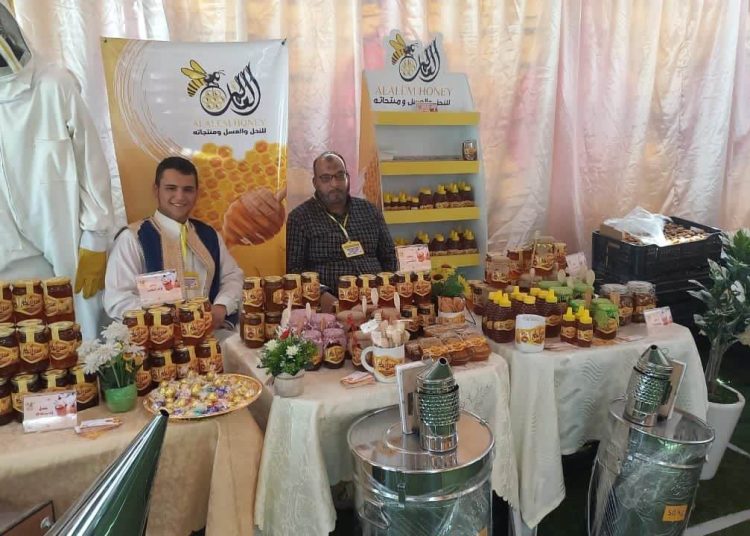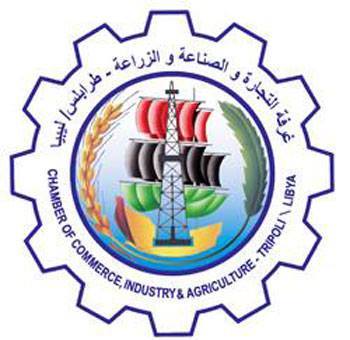The Libyan Honey Festival opened in Tripoli (19 to 21 March) yesterday under the supervision and organization of the Libyan Quality Association for Beekeepers, with the participation of a group of beekeepers from different regions of Libya, in addition to special offers of dates, olive oil and traditional industries.
In an exclusive interview with the Libya Herald, the head of the Libyan Association for Beekeepers, Rida Al-Furjani, said that the organization of this marketing festival for the Libyan honey product comes within the initiatives launched by the association to encourage beekeepers and honey producers in Libya to participate permanently in specialized and public exhibitions to display their honey products and everything related to bees, beekeeping and ways to take care of them.
Variety of regions and honey
Referring to the participation of dozens of breeders and honey producers from various Libyan cities, where honey varieties vary and differ from one region to another and vary according to the geographical environments of mountains and plains, stressing that honey differs in terms of taste, colour, and texture according to the types of flowers in each region and environment, and this is what made Libya abound with types and many varieties of honey.
Local production does not meet demand
Al-Furjani added that the quantities of locally produced honey do not cover the needs of the local market, and therefore prices are higher than those of the imported ones, in which are often produced on an industrial scale. Locally produced honey is natural, so it is affected by the climate, weather conditions, and the amounts of rain that have a direct impact on trees, flowers, and vegetation, which has a role in bee food. In addition, there is the absence of government subsidies encouraging the production of larger quantities of local honey and the loss of the role of the funding agencies for this important project.
Furjani said the Beekeepers Association plays a role in searching for sources of funding and support for beekeepers. He also mentioned the role of the Agricultural Bank in advancing and preserving the bee wealth in Libya, the possibility of importing bee equipment and supplies from developed countries such as Spain and Italy, supporting the short-term lending programme and granting loans to young beekeepers.









